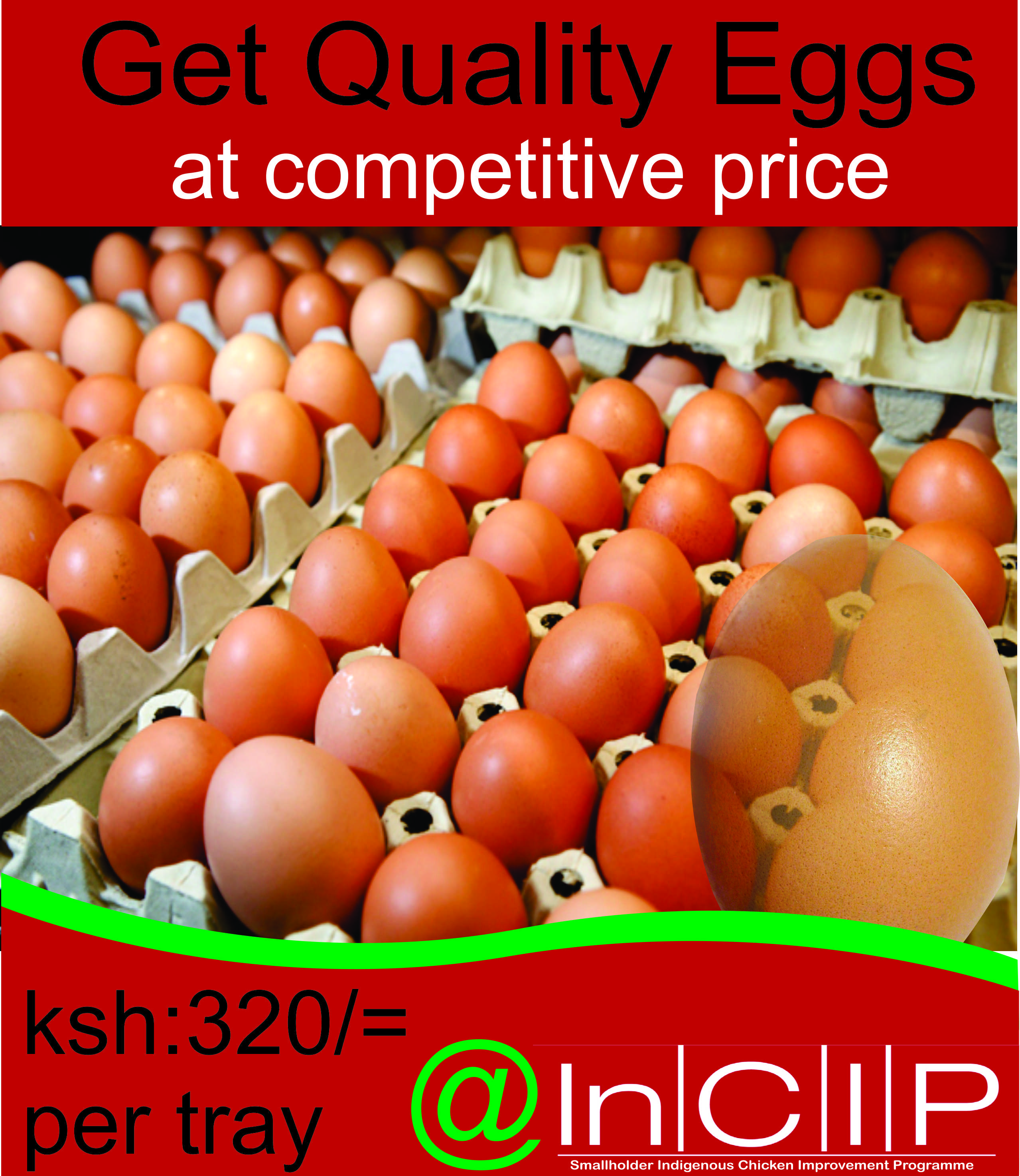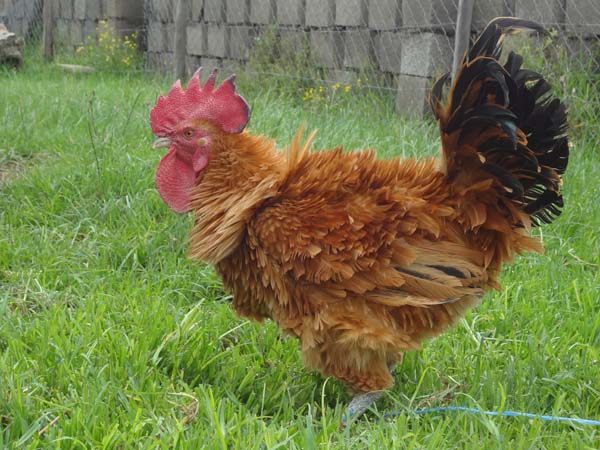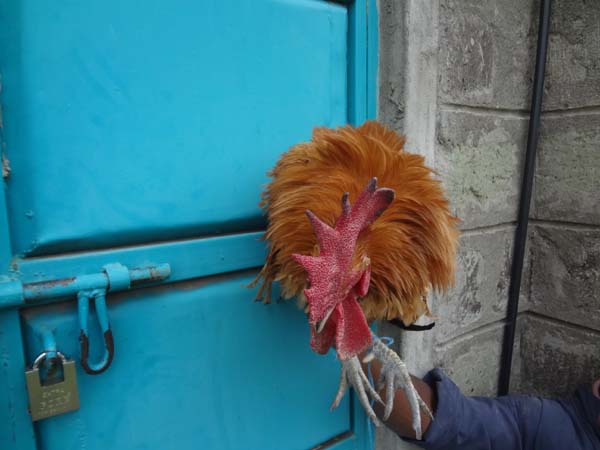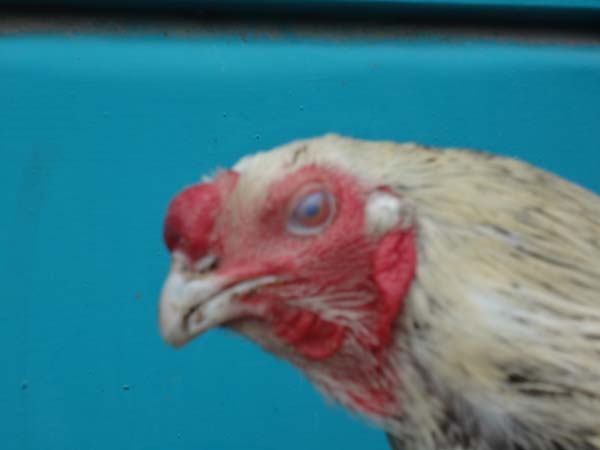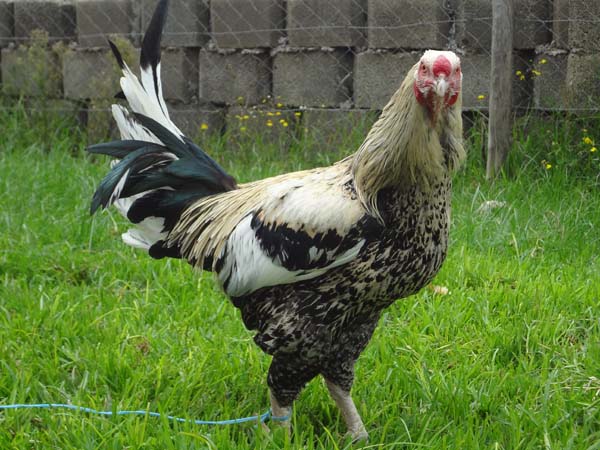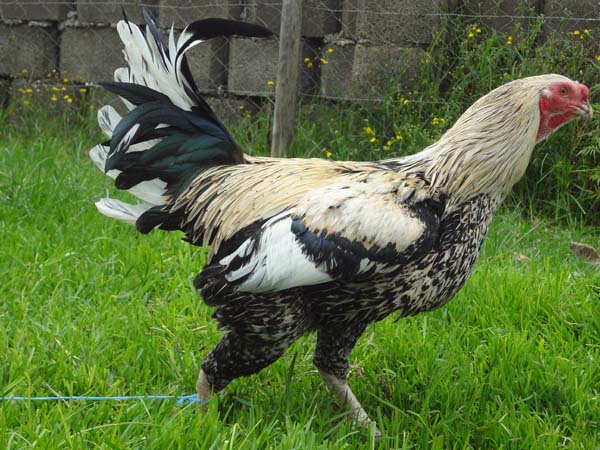Project Management
Project monitoring and coordination Purpose and justification: The purpose of this task will be to ensure progress and success of all activities of the project and that all partners participate in decision-making which is a prerequisite for project success. In addition, this task will ensure continuous management, early detection of arising difficulties and recommend due adjustment.
Annual team meetings Purpose and justification: The purpose of this task will be to familiarise all partners with status quo of the project in each partner university in order to identify possibilities for improvement. In addition, it is in these meetings that the steps to be taken within each area of activity will be clarified and working and communication procedures established. Initial actions and tasks will be fixed; mixed teams of specialist to along the ICPVC will be formed.
Project evaluation and follow-up Purpose and justification: The purpose of this task would be to assess progress of the project and its activities with the aim of identifying critical points, problems and need for improvement of procedures or adjustment of the work plan. The task will also provide the opportunity to assess project success including lessons learnt and ensure that the purpose of the action is reached. The task will also assist in the assessment of how far it has contributed to overall objectives and improvement of the target groups to ensure sustainable success of the project and proper incorporation of all new curriculum elements.
Coordination (technology transfer) desks Purpose and justification: The purpose of this task will be to facilitate and institutionalise productive networking between universities and the IC sub-sector and support conducting of on farm experiments and dissemination of the project results.
-
Development of IC technologies
Task 2-1: Identification of high producing IC ecotypes and composites Purpose and justification: The purpose of this task would be to gather knowledge on the performance of the different ecotypes and composites and to characterise each ecotype based on SNP markers. This will assist in the design of breeding programmes for each ecotype.
Video Presentation:
Activity Summary
Morphological features of ic ecotype populations of kenya
Task 2-2: Collection of empirical data on the effect of CC on IC production systems Purpose and justification: The purpose of this task would be to collect empirical data on the effect of CC on IC production systems based on participatory field research with farmers and evaluation of options and strategies for mitigating the effect of CC on IC through a multi-stakeholder and multi-disciplinary involvement. The aim is to describe the magnitude of the effects of CC on IC to buffer IC against effects of CC. The result of this action will assist farmers to adapt and mitigate the effect of CC in the IC production systems
Video Presentation:
Classification of consumer based on their preferences towards ic meat and eggs
Task 2-3: Evaluation of IC meat and egg composition and quality Purpose and justification: The purpose of this task is to ensure a regular supply of high-quality meat and eggs to the market and at minimum costs.
Video Presentation:
Determination of chemical-composition of normal indegenious chicken
Effects of preslaughter handling on selected meat quality traits in ic
Carcass yield characteristics of normal ic in malawi
Effect of parity on egg weight egg number and hatcharility in malawian indegenious chicken
Characterization of indigenous chicken production and productivity
Task 2-4: Investigation of the genetic resistance of different ecotypes of IC to priority diseases Purpose and justification: In Kenya and Malawi, economically important diseases of IC are infectious bursal disease (IBD) also known as Gumboro and Newcastle disease (NCD). The purpose of this task is to determine the ecotypes and composites that are tolerant to NCD and IBD since they cause severe losses to IC at household level.
Video Presentation:
Investigating desease resistance in different ecotype
Major histocompatibility complex genetic diversity of kenyan ic populations based on microsatellite markers
Task 2-5: Evaluation of IC feeding strategies for selected ecotypes Purpose and justification: Nutritional requirements for IC have been established for an admix population of IC. The purpose of this task is to confirm the nutritional requirements of different ecotypes and composites present in Kenya and Malawi.
Video Presentation:
Growth performance and laying performance of malawian indigenous chicken under confinement fed feeds with different protein levels
Genetic evaluation of feed use efficiency in indigenous chicken
Task 2-6: Development of breeding objectives and strategies Purpose and justification: Breeding programmes need to be well organised to increase the productivity of IC with respect to the ability to lay more eggs, grow faster and have high feed efficiency without losing the important genetic characteristics like unique product qualities, disease resistance and adaptability. The purpose of this task is to define clear breeding objectives and strategies, which address the needs of the production systems utilizing them to be used in breeding programme design.
Video Presentation:
Phenotyping strategies to reduce costs in breeding program without compromising genetic gains
Task 2-7: Identification of alternative marketing systems Purpose and justification: The market channels for IC in developing countries are informal where middle men pass through the villages and buy chicken in dozens and later resell them at the hotels or main urban centers at a profit. Reduction of poverty requires a better understanding of how markets for smallholder production in rural areas function. The purpose of this task is to identify alternative marketing systems, their structure and conduct. This is an important requirement in the design and implementation of both agricultural research and rural development programmes that aim to reduce rural poverty generally.
Video Presentation:
Marketing and consumer preferences in IC
Task 2-8: Designing and testing of a renewable energy (biogas) using incubator Purpose and justification: There lies great potential of using wastes from the ICPVC for energy that will be powered back into the functioning of the incubators. Currently use of kerosene to power the incubators has been documented. The cost of living caused high fuel prices may make the use of kerosene and other fuel based production systems under the local communities unsustainable. On the other hand chicken wastes are very rich in nitrogen and may prove an environmental hazard when released unplanned into the environment. This project aims to use the same resource into production of biogas that will inturn be used to power the incubators.
Task 2-9: Development of an SMS-based marketing and information system Purpose and justification: SMS based communication has become the fastest and simplest mode of communication among the rural and resource compromised persons. The telcommunication systems and specifically the mobile phone systems have shown tremendous growth in the past few years in the target countries. The idea of SMS marketting is built on this platform and based on the fact that through this system, information on markets along the ICPVC will spread very fast. The purpose ofthis task is to establish an easy to use SMS systems that will link actors in the innovative ICPVC since here output from one enterprise is an input in the next in the ICPVC.
Purpose and justification: The purpose of this activity would be to gather material and knowledge available and analyse its transferability or usefulness for the actors concerned. The aim would be to ensure that any technology developed is useful to the end users. This will assist in the design of the innovative ICPVC and allow for adoption of the project results.


